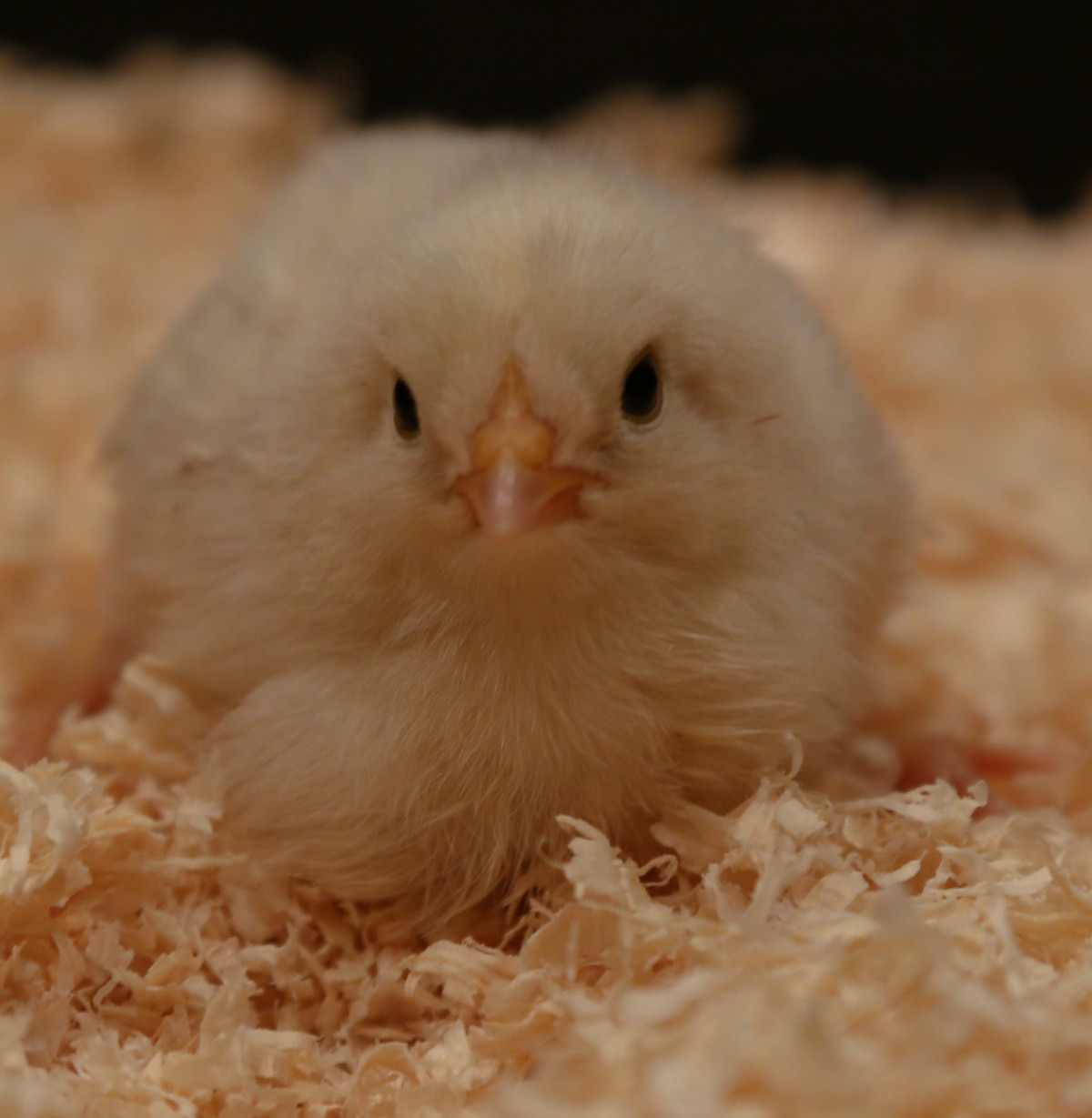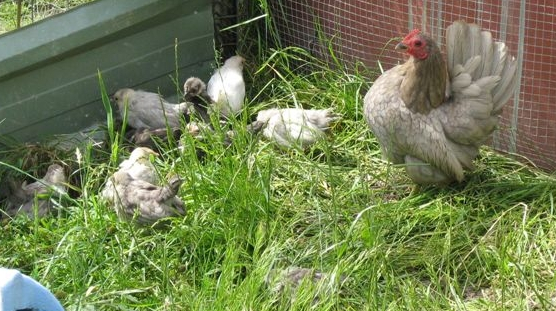
Are Japanese bantams broody and do they make good mothers?
The Japanese bantam will go broody and they make good and attentive mother hens. They are most likely to go broody in the spring of their second laying season.
My Japanese bantams are not regular or problematic broody hens like Silkies can be sometimes. I have never had a Jap hen go broody more than once in a year, unlike some of my Silkie hens which happily go broody two or three times a year.
Mine have always been good sitters and as a rule have sat solidly for 21 days till the chicks have hatched.
How to tell if your Japanese bantams are broody:
- Broody hens sit flat in the nest.
- They tend to be grumpy and peck your hand.
- She will have a small bare section on her breast called the brood patch.
- The hormonal change makes them a little warmer.
- She will be noisy if you go near her and may even growl.
- She will hoard eggs and steal or beak them from other hens.
- Broody hens scream like a banshee when you take them off the nest.
- The flock dynamic may change.
- Broody poop is huge and the smell not easily forgotten.
My Japanese bantams prefer a smaller nest, it seems to make them feel more comfortable and relaxed.
Below: A blue Japanese hen with chicks.

Below: A bantam hen with her chicks.
There are two problems with using Japanese bantams to sit on eggs and hatch chicks:
- They are very small and can only cover 5 to 7 of their own eggs.
- Hens that weigh just over a pound do not have the reserves to sit for 21 days.
The standard advice is to make sure that broody hens get off the nest at least once a day to eat, drink and poop but with the Japanese bantam they need to be fed more often or they will lose condition while sitting on the nest.
